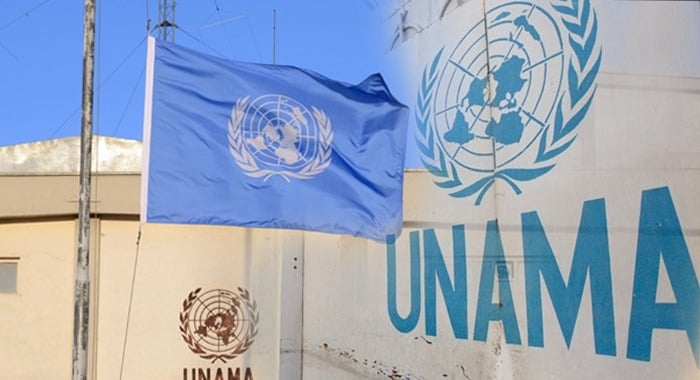The United Nations Assistance Mission in Afghanistan (UNAMA) has released a scathing report highlighting serious human rights violations committed by the Taliban’s Ministry for the Promotion of Virtue and Prevention of Vice.
Published on Thursday, the report is based on six months of monitoring and documents how the ministry’s policies and enforcement methods undermine the fundamental freedoms of Afghan citizens, treating them as “subjects under control” rather than rights-bearing individuals.
UNAMA warns that the law enacted by the Taliban in August 2024 lacks accountability and fails to respect civil liberties. The mission’s findings describe a regime of arbitrary arrests, property confiscations, and unregulated punishments carried out by approximately 3,300 ministry officers deployed across 28 provinces.
The report notes that women and girls have borne the brunt of the crackdown, with bans on education, employment, public participation, travel, and dress severely affecting their rights and deepening the country’s economic and humanitarian crises. Citing World Bank data, UNAMA estimates these restrictions could cost Afghanistan’s economy $1.4 billion annually.
Between August 2021 and March 2024, UNAMA documented 1,033 cases of arbitrary punishment, including public floggings, detentions, threats, and beatings—205 of which targeted women. The report also draws attention to religious coercion, such as the forced iftar practices recorded in Daikundi province in 2023.
While Taliban authorities have yet to respond to the report, they have previously dismissed such findings as Western-biased, asserting their laws are rooted in Islamic Sharia and Hanafi jurisprudence.
UNAMA has called on the international community and human rights institutions to intensify pressure on the Taliban to fulfil their obligations under international human rights law. It urges the implementation of transparent accountability mechanisms and the restoration of women’s rights in education, public life, and the workforce.
With Afghanistan facing a worsening humanitarian situation, the report underscores the urgent need for global advocacy and oversight to prevent further suffering of millions, particularly women and girls, under the current regime.





